International
‘Man of the hole’ dies, last known survivor of Amazon tribe
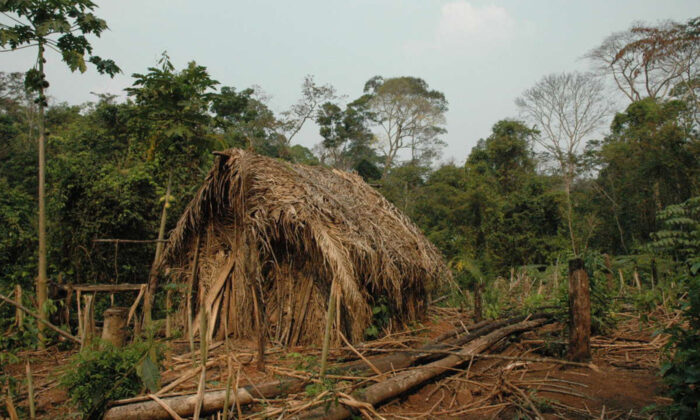
AFP | by Ramon SAHMKOW
For more than 20 years he lived alone in the Brazilian Amazon eating nuts, fruit and game — a symbol of the struggle of indigenous people who exist in isolation in the rainforest.
Now this man whose very name was unknown is dead, and his passing has made headlines around the world.
His life was marked by massacres that left him as the lone survivor of a small tribe attacked by gunmen apparently hired by ranchers seeking to exploit the pristine Amazon.
He was found dead lying in a hammock on August 23 in Tanaru Indigenous Territory. Authorities found no signs of violence and believe he died of natural causes.
The man was covered in the bright feathers of a bird called the guacamaya, a kind of macaw, local news reports said.
The Tanaru Indigenous Territory covers 8,000 hectares (30 square miles) of protected rainforest in Brazil’s southwestern Rondonia state, bordering Bolivia. The reserve is surrounded by sprawling cattle ranches.
Rife with rogue miners and wood cutters whose work is illegal, it is one of the most dangerous regions of Brazil, according to the Survival International NGP.
The Tanaru land “is like an oasis of green in the sea of destruction,” said NGO director Fiona Watson.
An arrow shot
The “man of the hole” was first spotted in 1996 by a documentary team traveling with officials of the National Indian Foundation, a government agency that was probing a massacre committed against his tribe.
Proving the presence of indigenous people in the Tanaru forest area was necessary in order to grant the area legal protection.
The footage was featured in a documentary called “Corumbiara” in 2009.
In it, the man’s eyes are seen peering out from inside a straw hut. A spear pokes out at one point, as if to scare visitors away. But no one utters a word.
Over the years Funai teams came back with representatives of neighboring tribes to try to determine what language the man spoke and learn more about his people.
But he made clear he did not want to engage anyone. Feeling threatened, one time he shot an arrow that left a visiting team member seriously wounded.
“One can only imagine what this man was thinking, going through, living on his own, not able to speak to anybody and I think very frightened because any outsider for him represented a threat, given his terrible experience,” Watson said.
After that, authorities just tried to patrol his territory and look for signs that he was still alive.
In the last known footage of him alive — shot in 2011 but not released until seven years later — he is seen semi-naked cutting down a tree with an axe.
Besides bows and arrows that showed he hunted, there were gardens where he grew fruit and vegetables, such as papaya and manioc.
“We saw one of his gardens and it was full of produce — very beautifully kept,” said Watson who visited the site in 2005.
But what most fascinated researchers were the many holes he dug — some two meters (seven feet) deep and with sharp spears at the bottom.
Funai said officials found 53 places that had been his home in the Tanaru territory, always with the same structure: a small straw hut with one door and a hole.
The holes were used to trap animals but experts think they may also been a place for him to hide from intruders or had some kind of spiritual purpose.
The holes, Watson said, are “a mystery that has died with him,” as is the history of the Tanaru people.
Funai has identified 114 indigenous groups that live in isolation in Brazil’s part of the Amazon.
International
Mexican influencer “La Nicholette” kidnapped in exclusive area of Culiacán
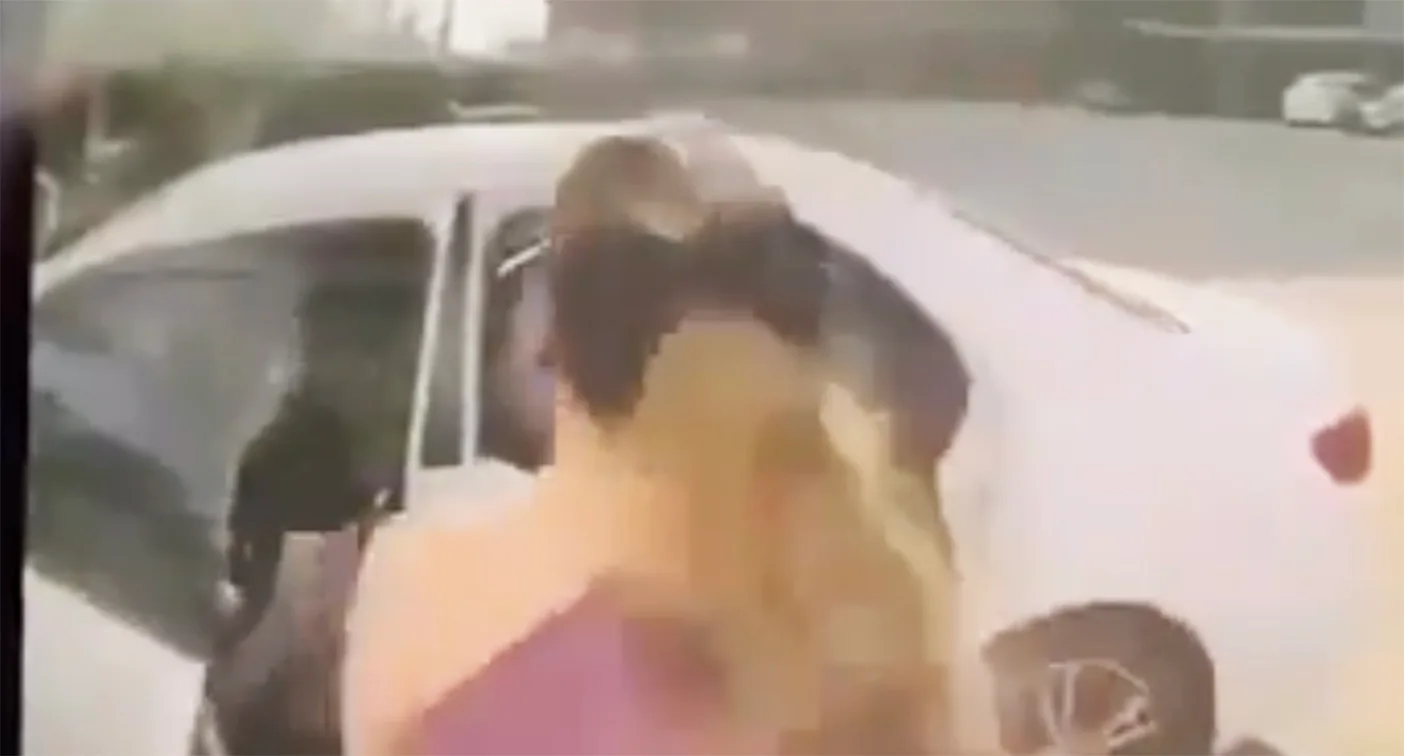
The content creator known as “La Nicholette,” also referred to as “La Muchacha del Salado,” was kidnapped Tuesday afternoon in Isla Musalá, one of the most exclusive residential areas of Culiacán, capital of the northern Mexican state of Sinaloa, according to local media reports on Wednesday.
The abduction was captured by the security camera of the young woman’s vehicle, a lilac-colored Tesla Cybertruck, which was later found abandoned at the scene.
Video footage circulating on social media shows a masked man carrying a long firearm preventing the influencer from entering her vehicle, while another individual forces her into a white sedan, reportedly an older-model Toyota Corolla.
According to media reports, the incident occurred at approximately 5:00 p.m. local time (2300 GMT) at the intersection of Tachichilte Avenue and San Esteban Street, within the Musalá residential area.
Authorities have not yet released official details regarding the victim’s whereabouts or the motives behind the kidnapping.
International
Major winter storm to blanket U.S. and Canada with snow, ice and arctic cold
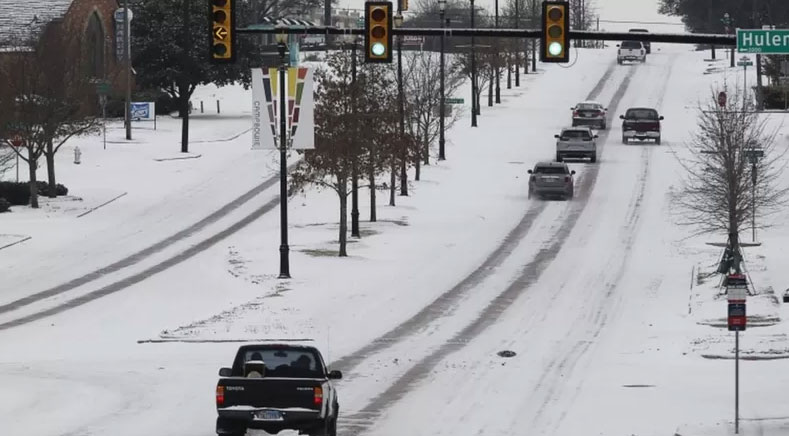
A major winter storm — the strongest of the season so far — is threatening large areas of the United States and Canada, bringing heavy snowfall, ice accumulation and an Arctic cold wave expected to affect millions of people, particularly toward the end of the week.
“A large winter storm will produce heavy snow, sleet and freezing rain from the southern Rockies through the Plains and the south-central region beginning Friday, then move eastward toward the East Coast by Sunday,” the U.S. Weather Prediction Center (WPC) warned.
The storm is expected to begin with intense snowfall in Colorado on Friday and spread eastward, leaving a wide snow band across Texas, Kansas, Missouri and Tennessee, before reaching the East Coast and impacting major cities such as Washington, Boston and New York.
According to the National Weather Service (NWS), temperatures could drop below -10°C (14°F) even in parts of the southeastern United States. However, the most serious concern is the wind chill, as strong winds accompanying the storm could drive perceived temperatures down to below -45°C (-49°F) in some areas.
Forecasters warn that these well-below-average temperatures could persist through the end of January and into early February, particularly across the Ohio Valley and parts of the East Coast.
Snow accumulations are expected to exceed 15 centimeters (six inches) in cities such as New York and Washington, raising concerns about travel disruptions, power outages and hazardous conditions.
International
Trump announces preliminary NATO agreement on Greenland, suspends tariffs on Europe
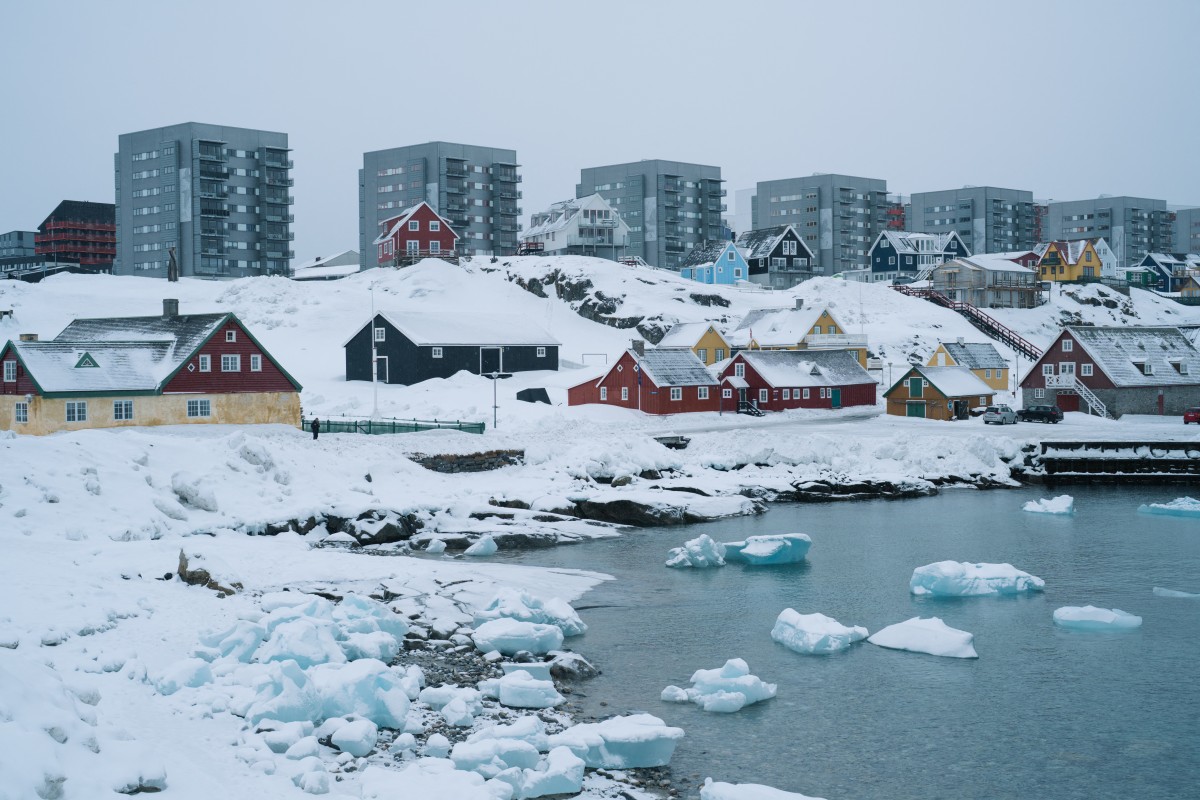
The President of the United States confirmed that the agreement will be beneficial for all members of the Atlantic Alliance and has halted the trade sanctions previously threatened against Europe.
U.S. President Donald Trump announced on Wednesday from Davos, Switzerland, a preliminary agreement with NATO regarding Greenland, describing it as “very good for the United States and all NATO countries.” He also confirmed the suspension of tariffs that his administration had warned it would impose on eight European countries starting February 1.
In a statement published on his Truth Social platform, Trump said the agreement followed a productive meeting with NATO Secretary General Mark Rutte and establishes a framework for a future joint solution concerning Greenland and the Arctic region.
“This solution, if implemented, will be very beneficial to the United States of America and to all NATO countries,” the president stated, underscoring the strategic importance of the Danish autonomous territory, which has been at the center of heightened diplomatic tensions in recent weeks.
Trump added that the preliminary understanding also includes discussions related to the Golden Dome missile defense system, particularly in the context of Greenland. He noted that further details would be released as negotiations progress.
As a result of the agreement, the administration suspended the tariffs it had previously announced against countries such as Germany, France and Denmark, which Trump had criticized for conducting military exercises on the Arctic island without prior coordination with Washington.
The president assigned Vice President JD Vance, Secretary of State Marco Rubio, and Special Envoy Steve Witkoffto lead the negotiations, stating that he will receive direct updates on their progress.
The announcement marks a new chapter in U.S.-European tensions over Arctic geopolitics, particularly regarding Greenland, a territory Trump has repeatedly expressed interest in acquiring for global security and strategic defense reasons.
-

 International4 days ago
International4 days agoU.S. deportation flight returns venezuelans to Caracas after Maduro’s ouster
-

 International2 days ago
International2 days agoDeath toll from southern Spain train crash rises to 40
-

 Central America2 days ago
Central America2 days agoGuatemala raises police death toll to nine after gang violence escalates
-

 Central America3 days ago
Central America3 days agoGuatemala prison uprisings leave 46 guards held by gangs
-

 International2 days ago
International2 days agoOver 160 christian worshippers kidnapped in Kaduna Church attacks
-
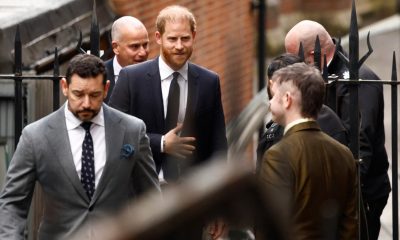
 International1 day ago
International1 day agoDaily Mail publisher insists reports relied on legitimate sources amid privacy trial
-

 International3 days ago
International3 days agoChile declares state of catastrophe as wildfires rage in Ñuble and Biobío
-

 International4 days ago
International4 days agoFormer South Korean President Yoon sentenced to five years in prison
-

 International2 days ago
International2 days agoSpain’s Prime Minister pledges transparency after train crash kills at least 39
-

 International1 day ago
International1 day agoGermany says football bodies alone will decide on possible World Cup boycott
-

 International31 minutes ago
International31 minutes agoTrump announces preliminary NATO agreement on Greenland, suspends tariffs on Europe
-
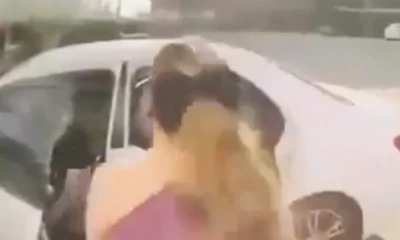
 International25 minutes ago
International25 minutes agoMexican influencer “La Nicholette” kidnapped in exclusive area of Culiacán
-

 International28 minutes ago
International28 minutes agoMajor winter storm to blanket U.S. and Canada with snow, ice and arctic cold


























